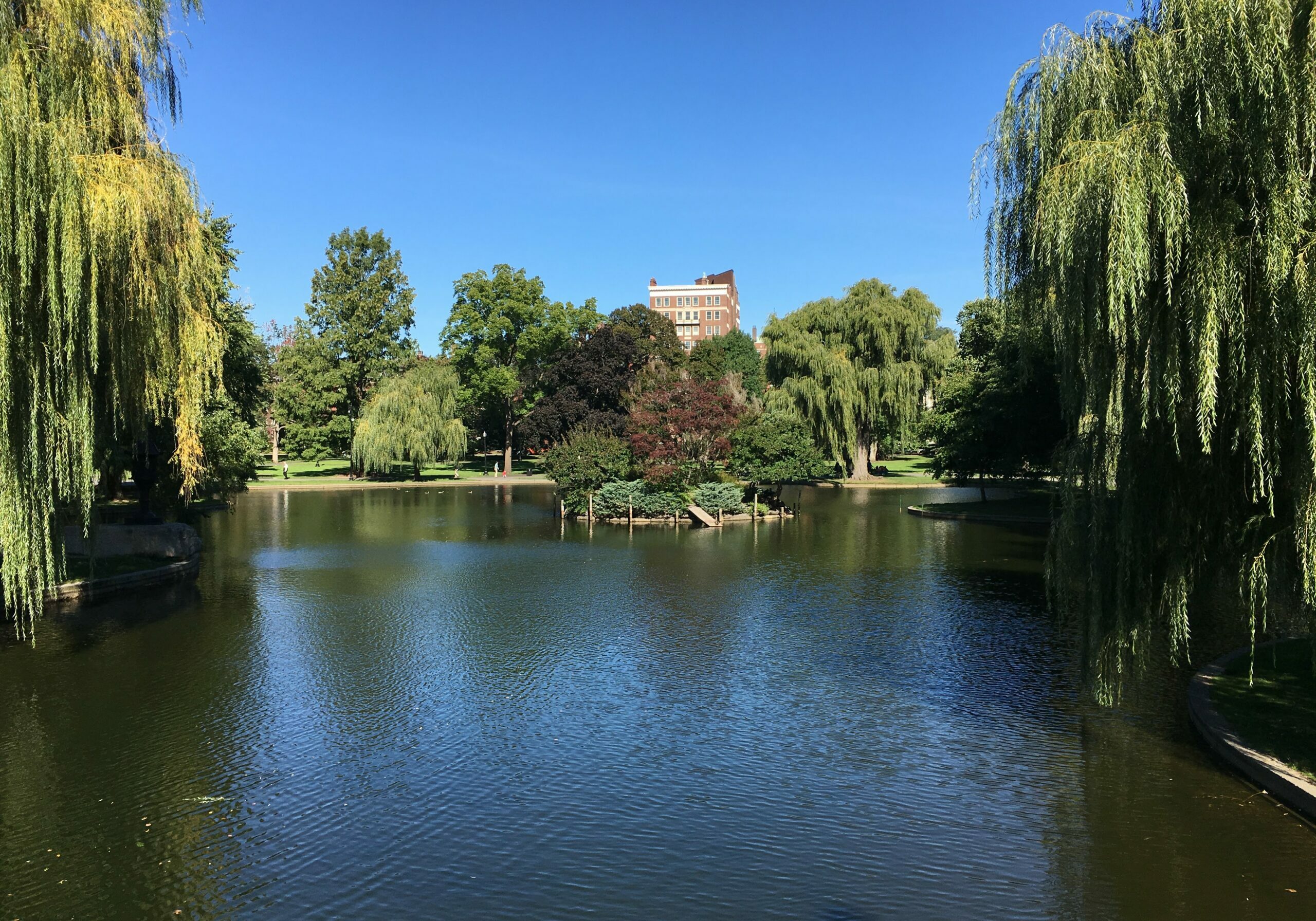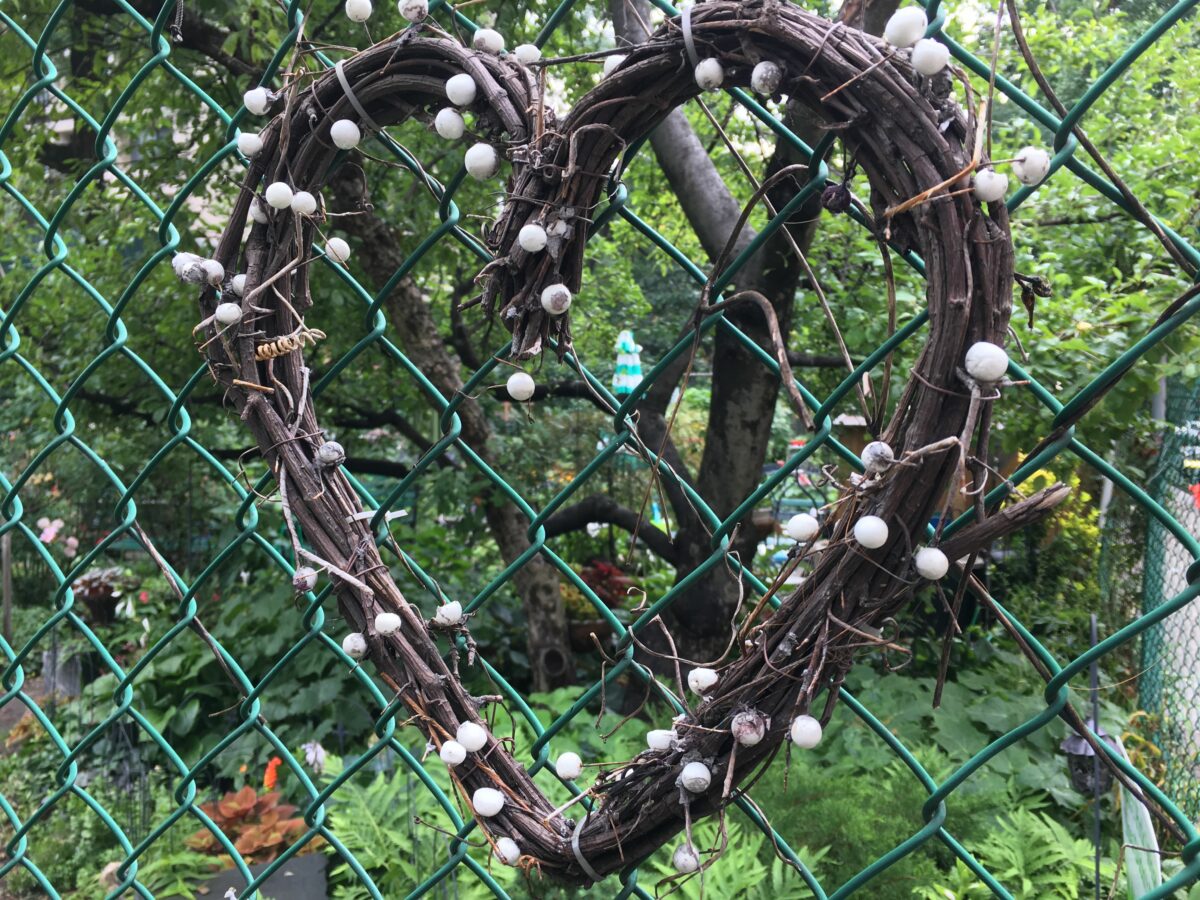September 13, 2023
Undigested gunk weighing our ambition down

There’s a lovely mantra in the recovery community that goes:
Removing the alcohol didn’t solve all my problems, but it made all my problems solvable.
This principle has broad application to anyone, even if we’re not struggling with addiction.
Because the strategy is about creating two resources for ourselves that were previously unavailable. Space and vision. Once we have more room to maneuver, and better eyes to see, the possibilities open up like a fractal.
By removing our negative constraint, we bump down the difficulty a notch. We no longer feel like we’re dragging an anchor through life. Yes, we still have to play the game, but the momentum comes that much easier and faster.
My veterinarian exemplifies this philosophy in her work with anxious animals. When we took our dog to see her, one of the best insights she shared with us was the following:
Medications can help take the edge off of your dog’s anxiety, but they do not teach the animal anything about their world. Because of this, the meds are not likely to resolve the problem over the long term when used alone. They are meant to provide relief and make it easier for your pet to learn a new way of thinking and behaving.
My thought is, why should humans be any different?
Space and vision are what we all need to make our problems solvable. And whatever we have to do to increase those two assets is a worthwhile endeavor.
The beginning of this process is figuring out what the anchor might be. What heavy object might be mooring our vessel down to the ocean floor. Let me share an example from a particularly challenging time in my early thirties.
I made the very terrifying, difficult, but also necessary decision to retire as a freelancer and join the corporate world. After ten years of running my own publishing enterprise, I was utterly depleted from spending all my time making just enough money to buy more time.
You don’t need an mba to know that isn’t a sustainable business model.
Over a period of six months, I pivoted from being an independent consultant to full time employee. That including everything from going on sabbatical, researching job roles, networking in the community, talking to recruiters, writing my first ever resume, applying for positions, going on interviews, doing homework assignments for potential employers, and so on.
The usual stuff. The process was equal parts exciting, intimidating, enlightening and challenging.
But it paid off. I managed to land a job as a strategist at an innovation studio. Now, it wasn’t the highest paying job. They didn’t offer health insurance. And the company culture was more intense than I would have liked.
The upside was, working there gave me two things that were previously unavailable to me in my first career: Space and vision.
It’s like I could finally take a breath. For the first time in a decade. Ans now I could finally learn some new ways of thinking and behaving.
Do you have any idea how good that feels?
For a workaholic like me, that was no small feat.
Rod, my friend who supported me every step of the way during this transition, reflected my new reality back to me. He said something that I felt down to my bones:
Scott, it seems like there’s a part of you that’s finally resting.
His words have stayed with me to this day. Because he was right. Now that I had that new job, imperfect as it may have been, the anchor was gone. I no longer had to spend every goddamn waking moment trying to resolve the economic problem of livelihood.
There was no more living and dying by every gig that I got. I wasn’t existing in that eat what you kill mode all the time. No more suffocating under the avalanche of expectations I put on myself to keep my expensive hobby alive.
In short, my professional circumstances were suddenly experienced as significantly less burdensome, and space and vision followed. Now I could actually be present and enjoy my life and optimize for fulfillment, rather than achievement.
To adapt the recovery mantra from before, retiring didn’t solve all my problems, but it made all my problems solvable.
What do you need to let go of that’s weighing you down? What possibilities might that release make available to you?
The interesting part about anchors is, they aren’t always as simple and straightforward as, say, a job or an addiction or a relationship. Sometimes the thing we drag behind is more abstract.
Hindu scriptures exemplify this in their passage on the difference between knowledge and wisdom. Maharishi writes:
Knowledge is what you acquire from the external source. Wisdom is that which you gain through your own efforts in digesting the knowledge received. But undigested knowledge weighs down on you like bars of gold on a mule’s back. And that knowledge remains useless to you until you digest it and make it your own through assimilation and reflection.
Sounds like a hell of an anchor to me. This is exactly the kind of weight, intellectual and psychological and spiritual, that’s keeping millions of people stuck.
The funny thing is, this passage comes from the second century, and yet it’s never been more relevant than it is today.
Remember, each of us individually generates more information than ever before in human history. Our caveman brains are awash in an unprecedented volume of data, and so, if we don’t take the time to metabolize it on a regular basis, space and vision will become increasingly scarce.
Honestly, I don’t know how anybody is able to function in modern life, considering just how overloaded the average human’s bandwidth is. Pew did their annual attention survey and found two thirds of adults felt worn out by the amount of news they were consuming.
This overload has made people vulnerable to lowered mood, information fatigue, and increasing symptoms of depression and anxiety.
Well shit, no wonder wisdom seems to be in such short supply. When everyone everywhere has access to everything, nobody knows anything. It’s like all of this knowledge we receive is sitting there undigested, weighing us down, like pounds of intestinal gunk in our colon.
What we need assimilation and reflection. Only then will we gain the necessary space and vision to make our problems solvable. Only then will we have more room to maneuver and better eyes to see.
Now, how people physically execute that metabolizing process, that’s another story. There are as many strategies for doing so as there are people to carry them out.
For right now, the priority is acknowledging that these anchors exist, that they might be holding us down, and that there might be meaning waiting on the other side of letting go.
What new ways of thinking and behaving will you learn, once you’re no longer weighed down?

